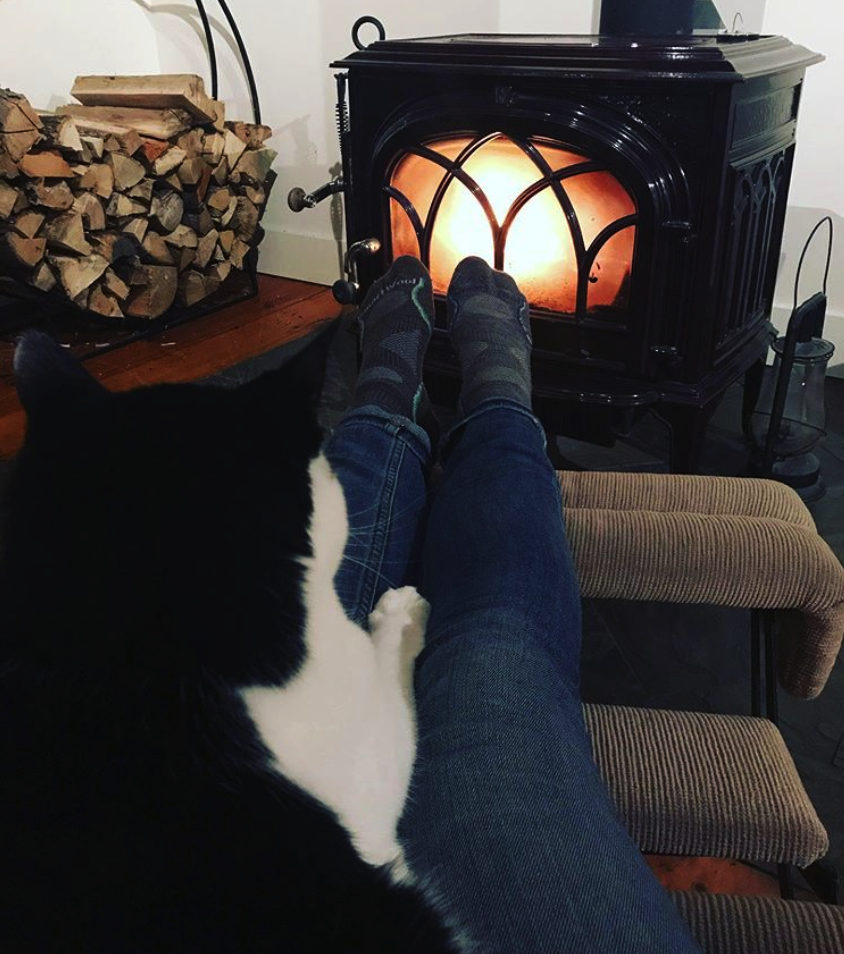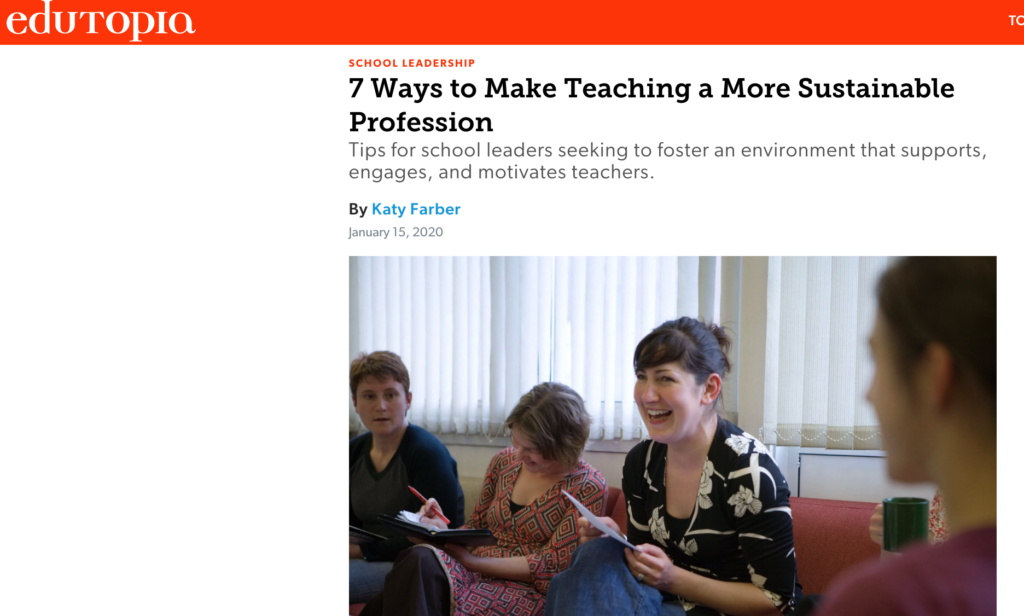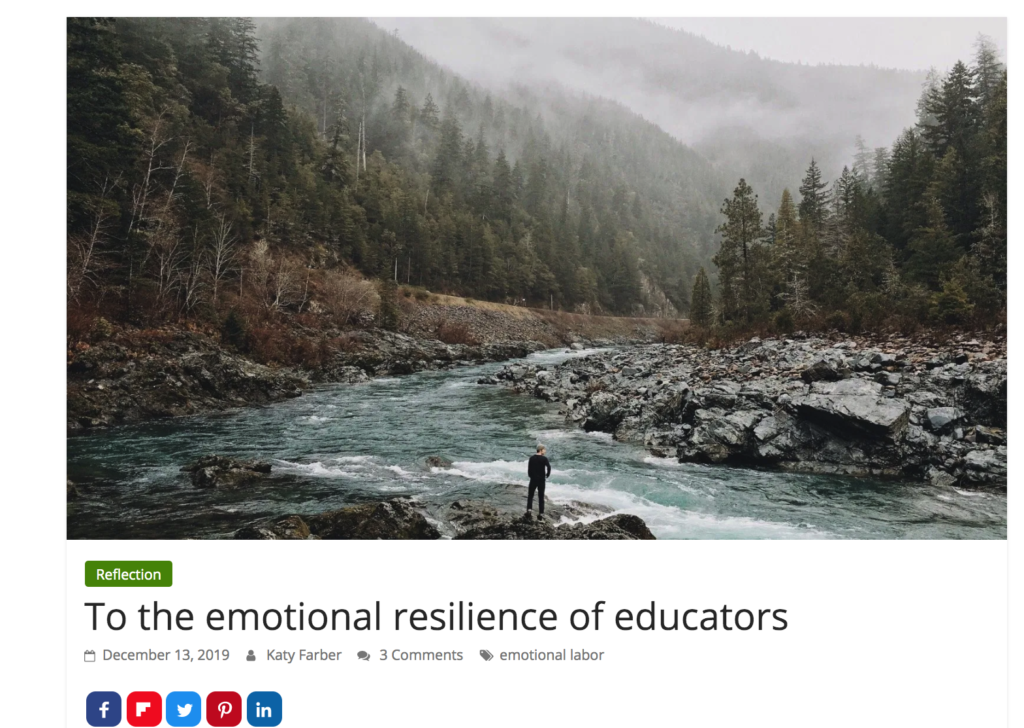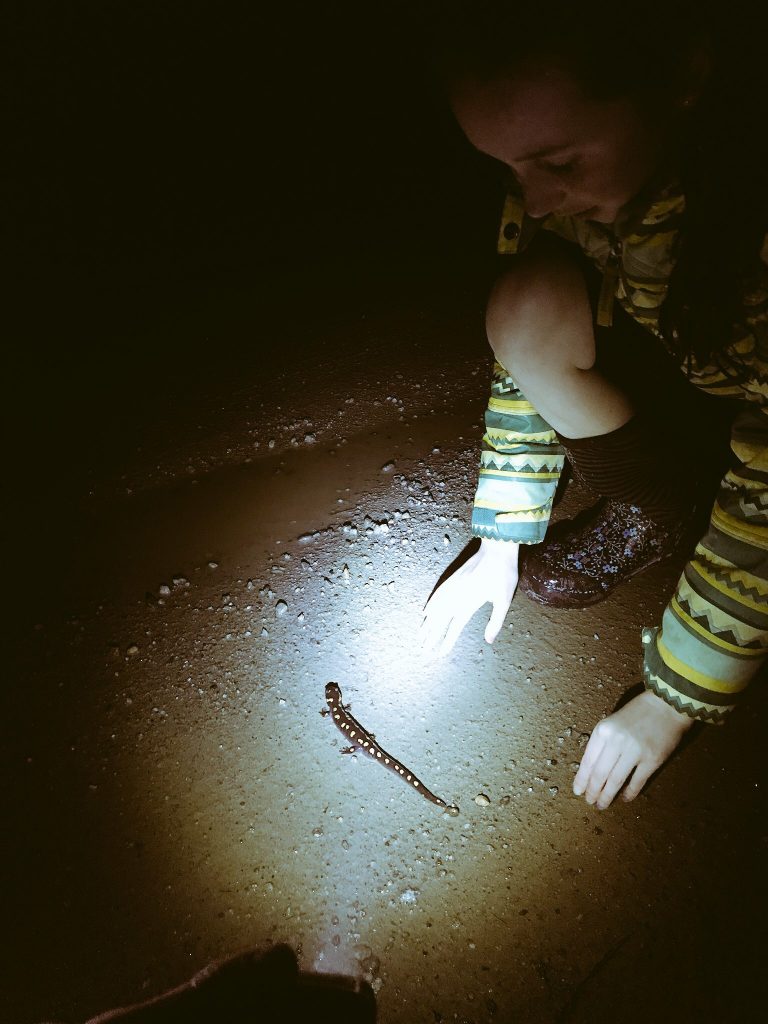
Here we go! Starting the school year back up again. But this year, things are different. We have faced one of the greatest upheavals in society. Ever.
While most schools might LOOK like normal, with no mask mandates and few restrictions, let’s be clear, we are all changed from experiencing the last three years. Many students have lost something: a loved one, a rite of passage (likely many), social interactions, experiences, hours of schooling, and special events. They’ve been faced with a society that is fractured, confusing, and contradictory, and a host of persistent global problems. A 24 hours news cycle tells them constantly about crisis after crisis. Many of them have been under stress: some have done hours of summer homework that was assigned (!!!), or worked three jobs, or did not get enough food over the summer, or have faced countless other pressures.
This is who we are welcoming back to school. Things are not normal, things are forever changed. Students face more mental health challenges than ever before and are having to learn and relearn social, collaborative, and problem solving skills. How can we react to this moment and not get bogged down by all the news (falling standardized test scores, increasing mental health problems, rising acts of hate in our country)?
Student Strengths. One way we can start is to give more moments of connection and humanity. What are your students’ strengths? What did you learn about yourself this summer, or last year? What lights you up? Starting with strengths centers the class community on assets. What we have. Who we are now? It’s not looking for deficits, or assuming non-compliance. It’s building a community based on strengths, especially ones that students might not have ever considered until they were asked.
Focus on Place. Strengths do not stop at the individual. What are the assets, the strengths, of this place? Begin grounded in these. Is the campus surrounded by trees? Is there a river nearby? What businesses or historical features are close to school? Let students find a sit spot to reflect, read, draw, and be, or design an experience on school grounds, one that connects them to this place they are about to spend so much time in and around.
Starting academic study and teambuilding rooted in place also builds community. How can you use your local place to teach your social and academic objectives? Almost everything teachers teach can connect to a school campus.
Slow it Down. Think about pacing. Too much of the time in schools there is a frenzied state of rushing. Line up here! Go there! Stop this, start that! This is a lot for overwhelmed nervous systems. Try putting some space into the schedule and systems, allowing immersion, some rest, and moments of connection. Every single second doesn’t have to be productive. This model is outdated and based on a factory model of education.
Purpose and Meaning. No busywork, disposable work. Link to wider purpose and meaning. Students need context, to understand the why, of everything they do. It matters. Pedagogies like project-based learning, service learning, and connecting to current issues facing students roots students in the WHY, often led by their own choices, passions, and interests.
I’ve got a new post over at We Are Teachers with more ideas on how to start the year to focus on student mental health.
Best wishes for the new school year. Take good care of yourselves.





